About the INS
The Institute for Advanced Studies (INS, Institut za napredne studije) was established in 2022 within the University of Montenegro as a research-intensive academic institution aimed at contributing to the development of basic, applied, and developmental research in priority scientific areas, particularly in the segments of:
- Social Sciences and Humanities (including international relations, political science, social policy, public opinion research, gender equality, public policy research, economics, law, sociology, anthropology, media and communications, history and archaeology, philosophy, ethics and religion, among others),
- Information and Communication Technologies (encompassing multimedia technologies, software engineering, data processing, systems and architectures, information system design, signal processing algorithms, computer vision, cryptography, cybersecurity, watermarking, artificial intelligence, machine learning, among others),
- Biomedicine (covering basic research into the molecular bases and mechanisms of diseases – cell and molecular biology, cancer biology, biochemistry, new technologies in diagnostics and disease monitoring, personalized medicine, genetics and epigenetics, physiology and pharmacology, neuroscience, among others).
In line with contemporary global academic trends, the INS places a particular research focus on current social and natural phenomena, primarily from interdisciplinary, multidisciplinary, and transdisciplinary perspectives. The INS aims to increase the productivity of research teams, stimulate cooperation with international research institutions, encourage collaboration with the private sector in market-oriented research (especially through funding models based on the commercialization of scientific results), and engage the public sector in creating evidence-based public policies (especially through collaboration with professional associations, non-governmental organizations, and business entities). Additionally, the INS aims to coordinate the management of research resources for the joint utilization of research potentials at the university level.


